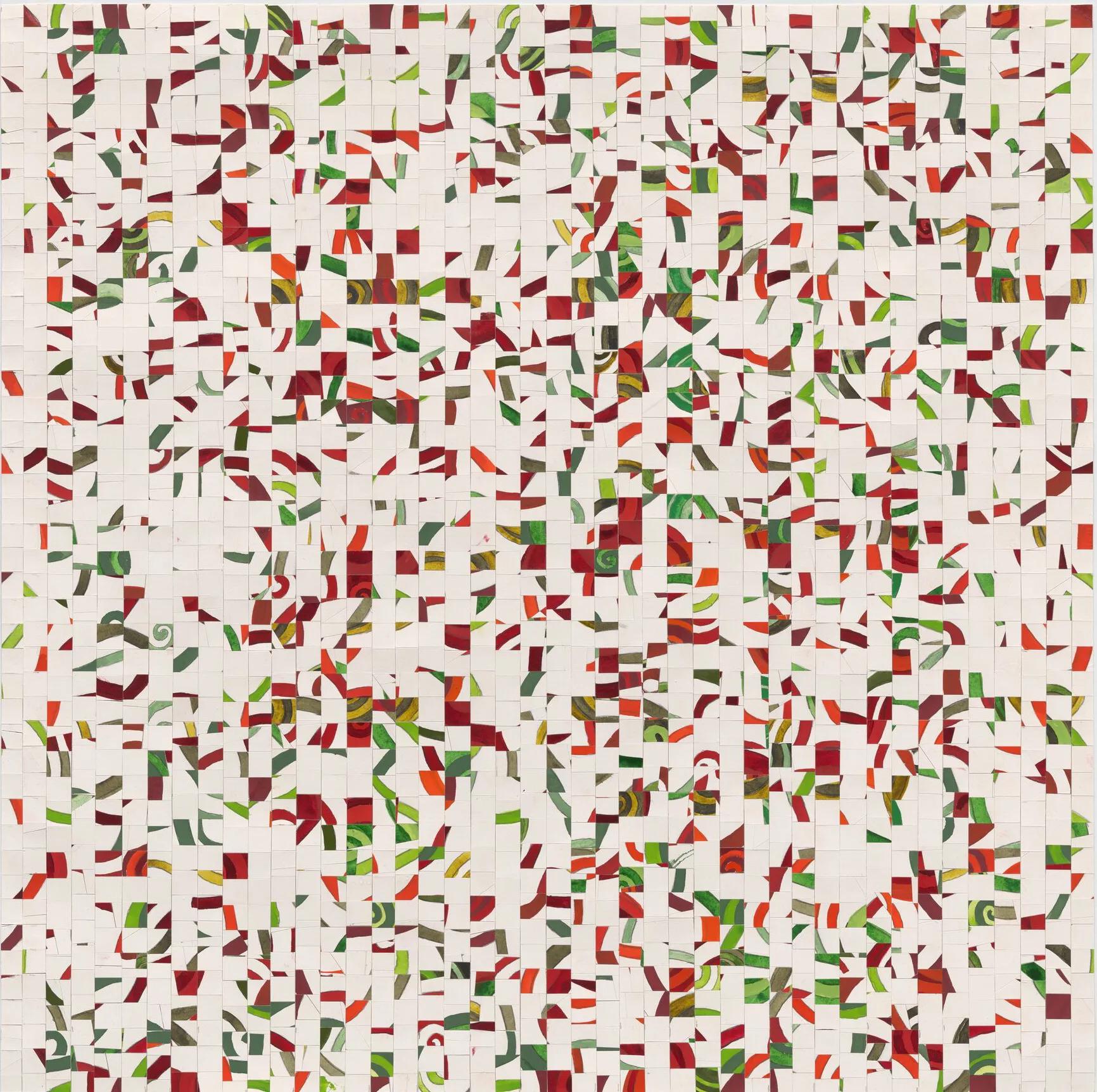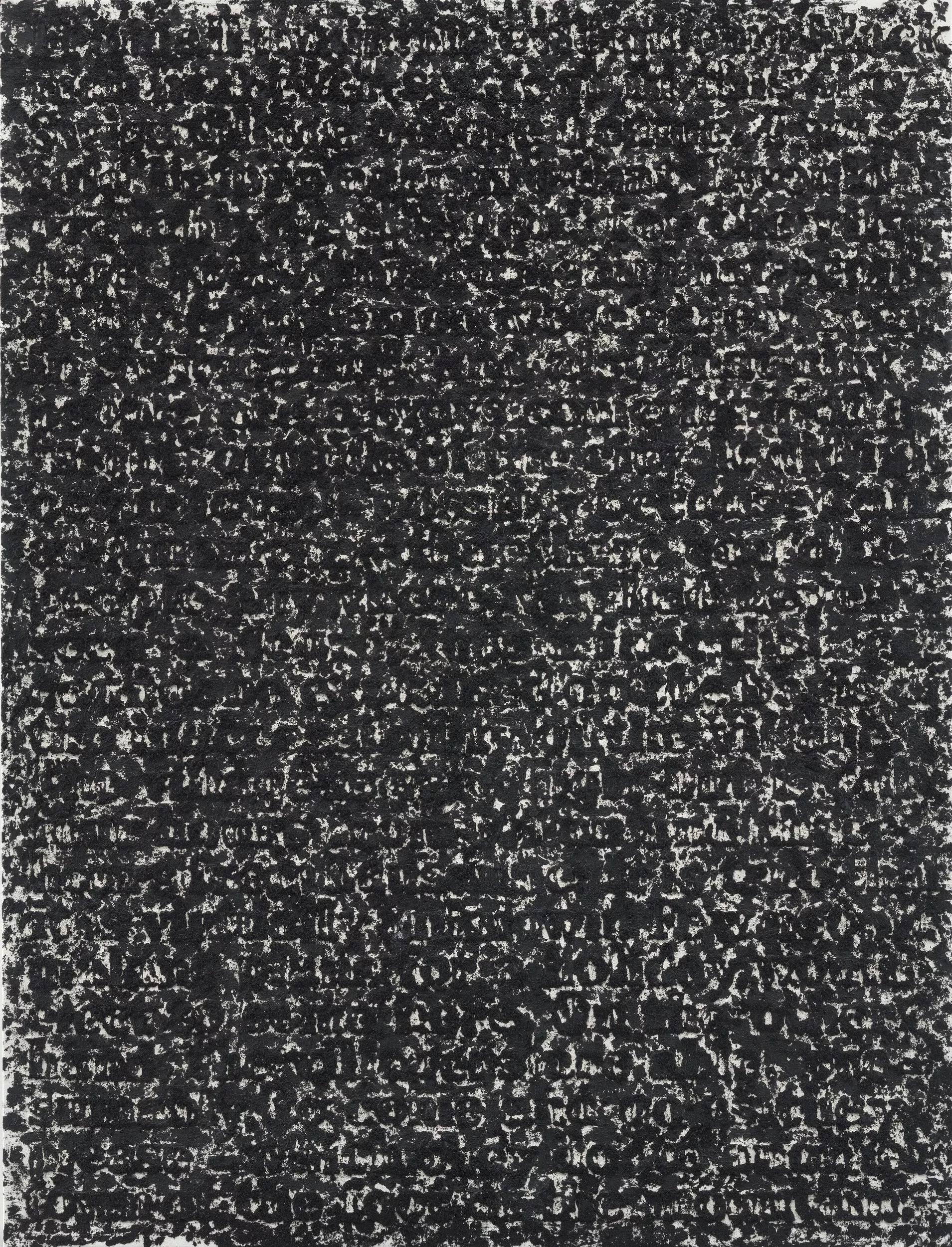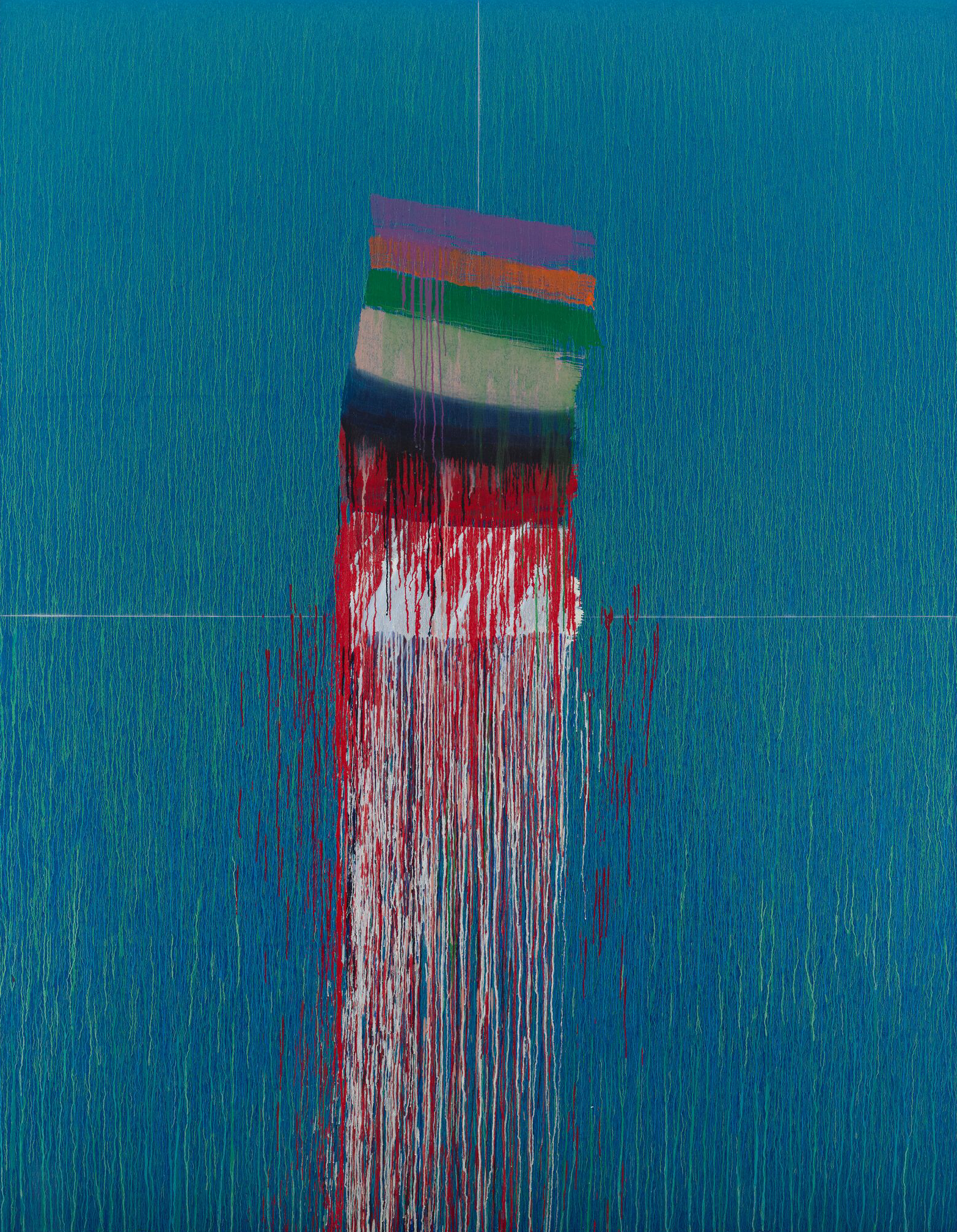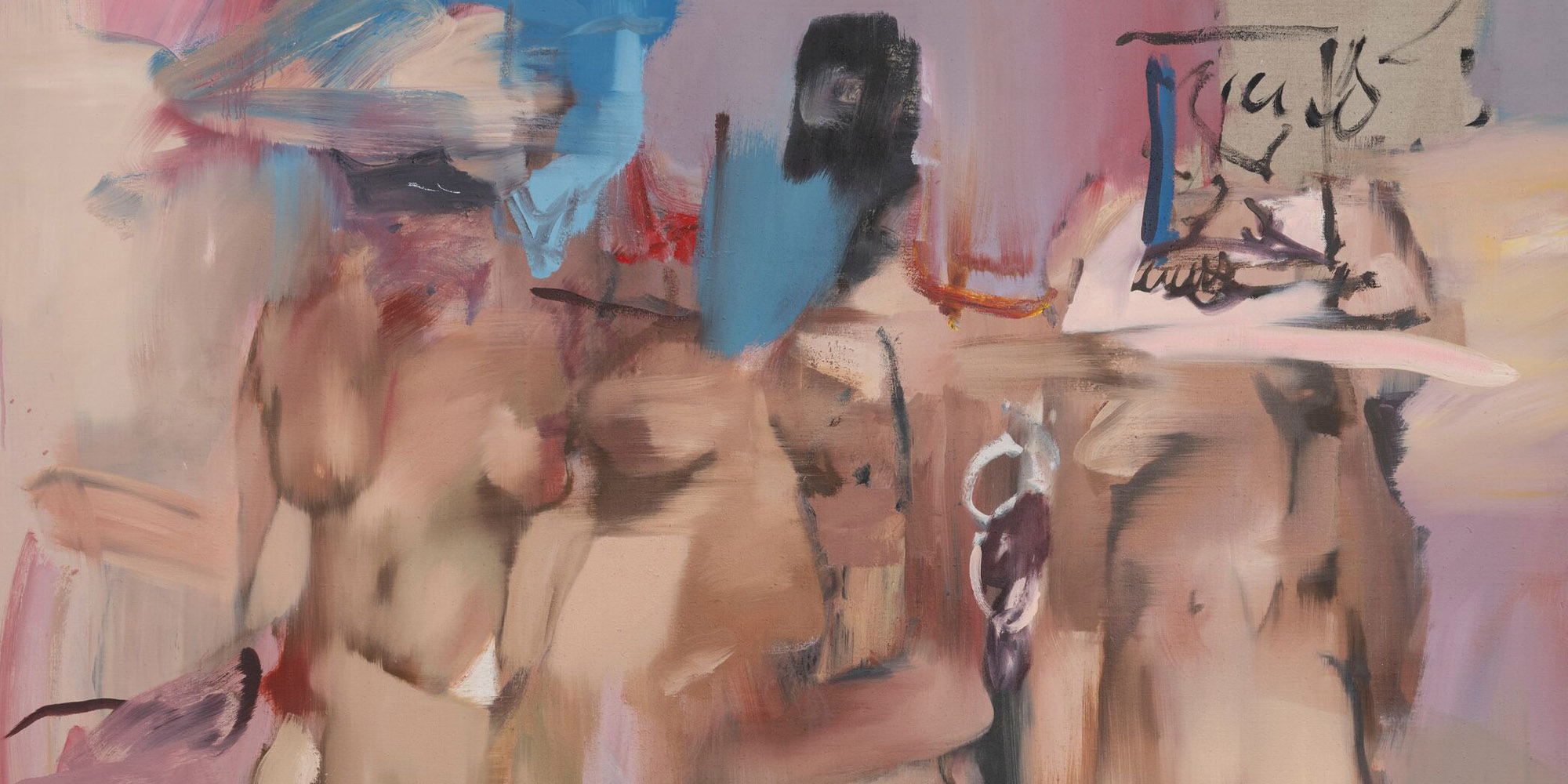Gallery Exhibitions
MATSUTANI
6 April – 18 May 2024
Featuring a selection of new works in direct response to the space alongside rare historic pieces, this exhibition showcases the breadth of Takesada Matsutani’s career and development of his masterful...
Roni Horn
4 April – 28 June 2024
New York, Wooster Street
On 4 April, Hauser & Wirth will open an exhibition of new works by Roni Horn at the gallery’s Wooster Street location in New York City. Renowned for a practice that combines conceptual rigor with an exquisite...
Glenn Ligon
25 March – 11 May 2024
Hong Kong
Best known for his text-based paintings, celebrated American conceptual artist Glenn Ligon has created new works for his first solo exhibition in Greater China. The display includes a continuation of his...
Pat Steir
Painted Rain
28 FEBRUARY – 4 MAY 2024
West Hollywood
Renowned for a pioneering approach to painting that synthesizes conceptual art, figuration and abstraction, celebrated American artist Pat Steir unveils a brand new body of work in her first Los Angeles...
Catherine Goodman
New Works
27 February – 5 May 2024
Downtown Los Angeles
‘It’s a serious business, painting. It’s about creating a microcosm of the macrocosm that we’re living in’. ...
RETROaction (part two)
27 February – 5 May 2024
Downtown Los Angeles
In the early 1990s a generation of artists in the United States were using exhibitions to draw attention to real-world crises: by the time Bill Clinton was inaugurated in January 1993, AIDS was officially...
Jason Rhoades
DRIVE
27 February 2024 – 14 January 2025
Downtown Los Angeles
‘By going between places, [the car] will generate things. It’ll snowball, take on a mythology and a history, and then at some point it’ll just stop. And that’ll be it, it’ll be a finished sculpture.’—Jason...
Verena Loewensberg
Kind of Blue
21 February – 27 April 2024
New York, 69th Street
Born in 1912, Swiss artist Verena Loewensberg was a leading figure of the influential Zurich school of concrete artists. The only female member of the group, which also included Max Bill, Camille Graeser...
Cathy Josefowitz
Release
1 February – 17 May 2024
Zurich, Limmatstrasse
New York-born, Swiss-raised artist Cathy Josefowitz (1956 – 2014) created a wide-ranging oeuvre spanning drawing and painting, performance and dance. The breadth of her creative output is on view in a...
Present Tense
27 January – 28 April 2024
Somerset
‘Present Tense’ spotlights the next generation of artists living and working in the UK, from emerging to mid-career, celebrating a breadth of creative talent and socially engaged practices. The multifaceted...
Mark Bradford
Nobody Knows the Trouble I’ve Seen
29 September 2023 – 27 April 2024
Monaco
Hauser & Wirth Monaco presents Mark Bradford’s ‘Nobody Knows the Trouble I’ve Seen’, a major new
solo exhibition centered around a selection of paintings based on the historical tapestries known as ‘The...










